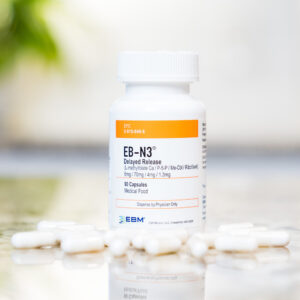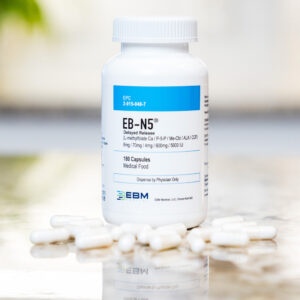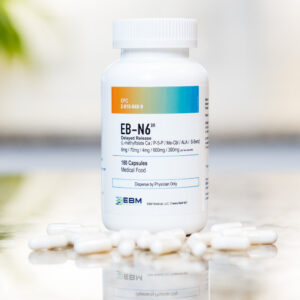Free Shipping for all Orders of $99
Folate Deficiency
Folate deficiency occurs when there is an insufficient amount of folate, also known as vitamin B9, in the body. Folate is essential for various bodily functions, including DNA synthesis, red blood cell production, and nerve function. It plays a crucial role in converting food into energy and supporting the nervous system. People with diets low in folate-rich foods such as leafy greens, legumes, and fortified grains, as well as those with certain medical conditions or taking specific medications, are at risk of folate deficiency. Symptoms of folate deficiency may include fatigue, weakness, irritability, difficulty concentrating, shortness of breath, and anemia. Pregnant women with folate deficiency are at risk of neural tube defects in their babies. It's important to address folate deficiency promptly through dietary changes and, if necessary, supplementation to prevent associated health complications.How Medical Foods Can Help
One of our most popular medical foods combinations contains vitamin B1 or Benfotiamine, that helps to repair nerve damage, targeting whole-health metabolically.Nervous System Support
Energy Optimization
Heart Health
EBM Products For Folate Deficiency

What causes folate deficiency?
Folate deficiency arises from various causes, including insufficient dietary intake of folate-rich foods like leafy greens and legumes, malabsorption disorders such as celiac disease or Crohn’s disease, excessive alcohol consumption, and certain medications like methotrexate. Pregnant women and individuals with specific genetic variations, like MTHFR, affecting folate metabolism are also at risk. Managing folate deficiency involves dietary adjustments, supplementation, and medical interventions to prevent potential health complications associated with inadequate folate levels.



